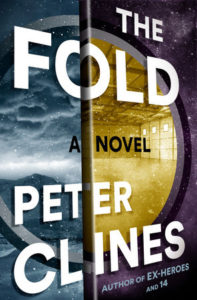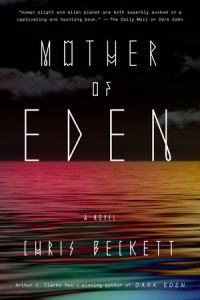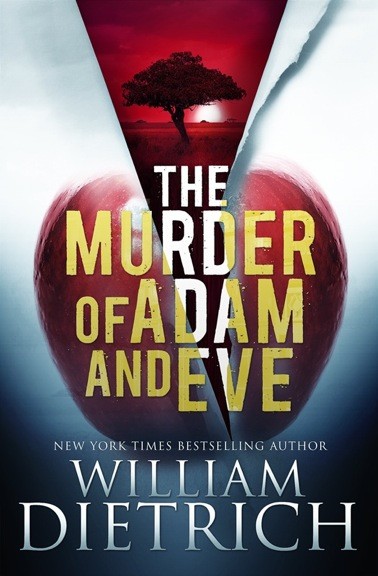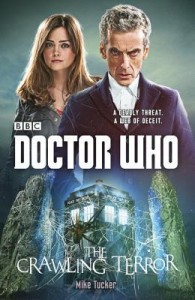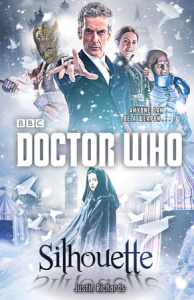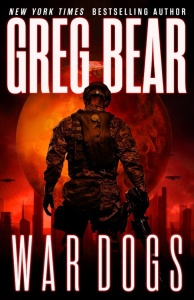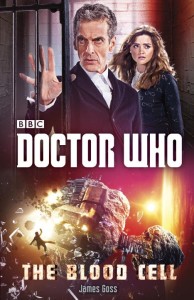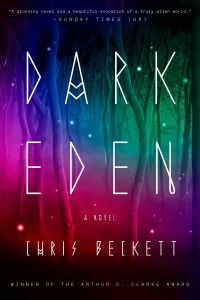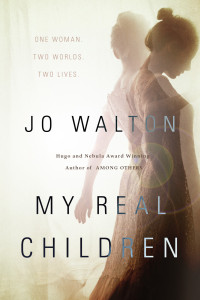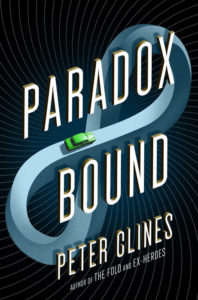
This is my second Peter Clines review, and I have to say that I have quickly become a fan. If you missed, last year I reviewed The Fold and strongly recommended it. I know that I normally wait until the end, after a brief synopsis, to give my opinion, but I am excited to say that I very much recommend this one as well.
We begin this novel with young Eli Teague. He is a kid growing up in Sanders, Maine. It is a boring town where noting ever changes. When being forced to play outside, Eli sees a strange person in an uncommon car, a Model A. The car as well as the driver, Harry, intrigue Eli for the next few years. When he tries to get closer to Harry, he winds up involving himself in the most epic road trip in American history.
The story really feels like a cross between Doctor Who and National Treasure. With Harry being the Doctor and Nicholas Cage’s character Ben Gates. Eli takes on the role of a new companion, or maybe Riley. If you are a history nerd like me, a time travel nerd, also like me, and/or a SciFi/Fantasy nerd, which I assume you are since that what this site is dedicated to, this book should really appeal to you. Harry and Eli travel trough history in search of the American Dream. I am going to intentionally be vague on that to not spoil anything. The idea is bit odd, but trust me, it works. They’re not the only ones traveling through history though. You’ll be introduced to friends, acquaintances, and historical figures. Besides all of those people, there are others who are trying to stop them. All of which adds up to a fun and entertaining adventure.
I enjoyed the story, the protagonists, the antagonists, the pacing, honestly everything. It is rare for me to do this, but I think I have to give it a 5/5. No, it wasn’t perfect, but it was damn good. 4.7 might be a better representation, but lets not get too granular. Its my site, so I’m rounding up to the nearest number.
I was pretty late on this review and regret that quite a bit. I wish I had time to get to it sooner, and once I got to it, I wish I had time to devour it over a few days. Fortunately, since my last review, I got a new job. On the upside, I am happier, i like what I do, and think it will eventually allow more time for me to focus on things like reading these books. On the downside, the first few months been, and will continue to be crazy until the major infrastructure and technology changes are complete. Until then, it is going to continue taking me forever to finish and review book. I may even take another hiatus.
On that note, I have to one more time acknowledge that I received this review copy through Blogging for Books in exchange for an honest review. By one more time, I sadly mean one last time. Yes, Blogging for books is closing down. They have been a great site and partner to people like me, providing wonderful books, both ARCs and recent releases in exchange for nothing but an honest review. Over the past four years I have received some fantastic novels from them. I am sad to see them go and will miss them. There are plenty of resources out there for reviewers, but I liked their approach. I mean, lets be honest, it is because of them that I had the opportunity to review and recommend both The Fold and this novel, Paradox Bound, by Peter Clines.Thank you Blogging for books, and thank you to Peter Clines for another great story.

